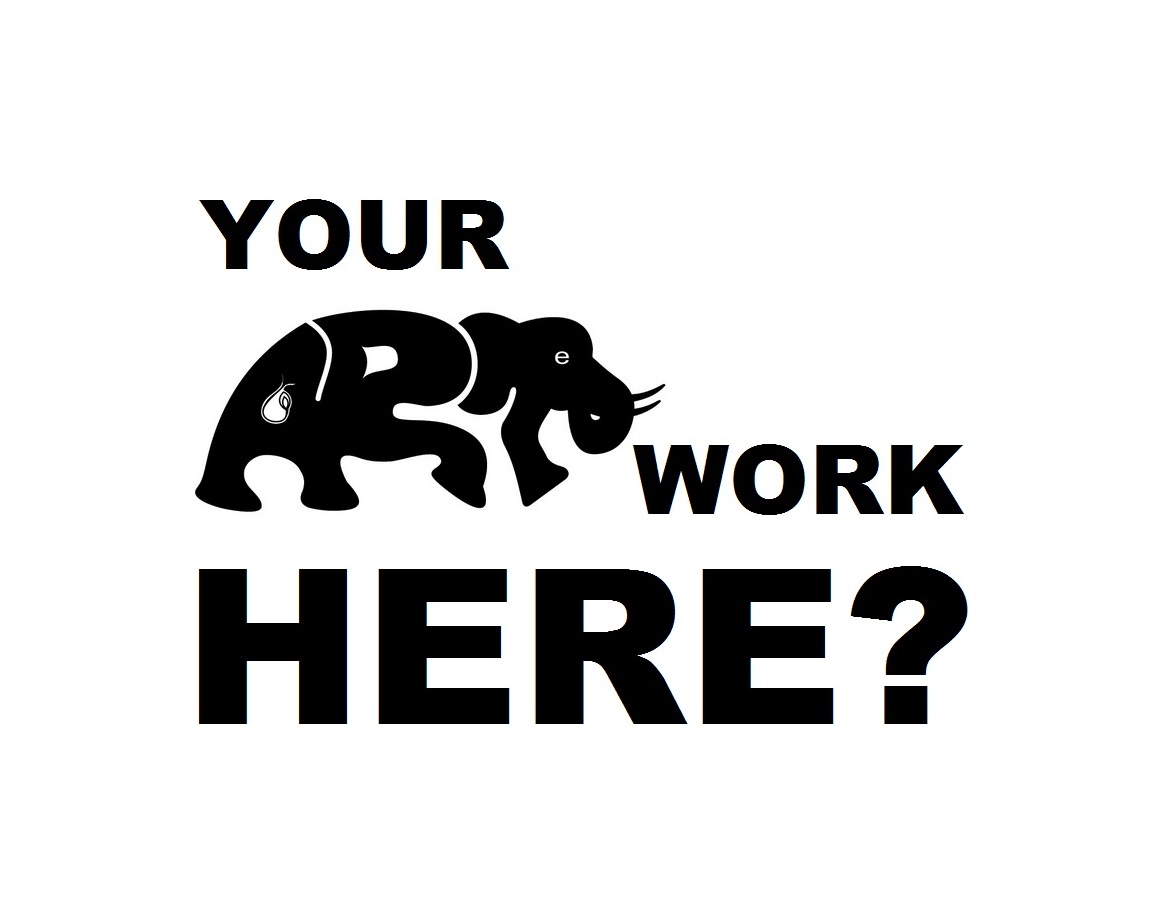Discover The World's Greatest
Undervalued Original Art

FEATURED ARTISTS







200526082956.jpg)

This category comprises the creative visual arts of the indigenous people of the Australasia, Melanesia, Micronesia and Polynesia, dating from the pre-contact period, (prior to the early 1500’s) through today.
The timeline of Oceania generally falls into two major divides, the years before and after Western contact. By the early 1500s, European imperialistic ambitions had begun to expand into the vast uncharted territories of the Pacific Ocean. Oceania is one of the most culturally diverse regions on the planet, geographically encompassing nearly a third of the earth’s surface, some 20,000 islands, nearly 2000 cultures and languages, hundreds of distinct artistic traditions and a vast array of art forms and mediums.
Spain was the first European nation to make contact with the diverse and culturally rich indigenous people of Oceania and while early on, contact was often “fleeting,” these brief encounters had lasting impacts on the cultural heritage of one of the most diverse regions on the planet. By the 1500s, European powers had begun to project their imperial ambitions into unmapped territories, including the Pacific Ocean. The first European nation to send a ship into the Pacific was Spain, with Ferdinand Magellan in 1521. For the following 200 years, contact between Europeans and Pacific Islanders was mostly brief and fleeting, though as is discussed below, these brief contacts could have lasting impacts. More intensive colonial efforts began in earnest at the end of the
1700s.
By the 1500s, European powers had begun to project their imperial ambitions into unmapped territories, including the Pacific Ocean. The first European nation to send a ship into the Pacific was Spain, with Ferdinand Magellan in 1521. For the following 200 years, contact between Europeans and Pacific Islanders was mostly brief and fleeting, though as is discussed below, these brief contacts could have lasting impacts. By the 1500s, European powers had begun to project their imperial ambitions into unmapped territories, including the Pacific Ocean. The first European nation to send a ship into the Pacific was Spain, with Ferdinand Magellan in 1521. For the following 200 years, contact between Europeans and Pacific Islanders was mostly brief and fleeting, though as is discussed below, these brief contacts could have lasting impacts. More intensive colonial efforts began in earnest at the end of the 1700s.
This remarkable array of cultural diversity in turn, played a major role in influencing many of Western arts major proponents. Artists like Paul Gauguin, Constantin Brancusi, Jean Dubuffet, Andre Breton, Jacques Lipchitz, Henry Moore, Pablo Picasso and others became captivated by the elegant abstraction of the human figure portrayed in the arts of Africa, Oceania and the pre-Columbian New World. Seminal modernist movements including Primitivism, Cubism, German Expressionism Surrealism, Fauvism, Die Briicke and Der Blaue Reiter, all owe influence to the stunningly creative and diverse oeuvre of these ancient civilizations that arrived at simplified abstraction millennia ahead of Westerners. Today, modern artists continue to shed layers of pre-existing artistic conventions, working their way back full circle to the cradle of creative inception, that of our ancient ancestral family, for inspiration.
Modern and contemporary artists include Mathias Kauage, Laben Sakale, Timothy Akis and Georgina Beier.